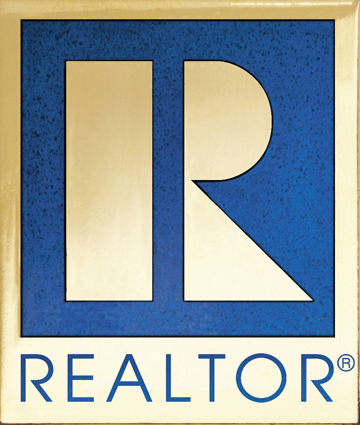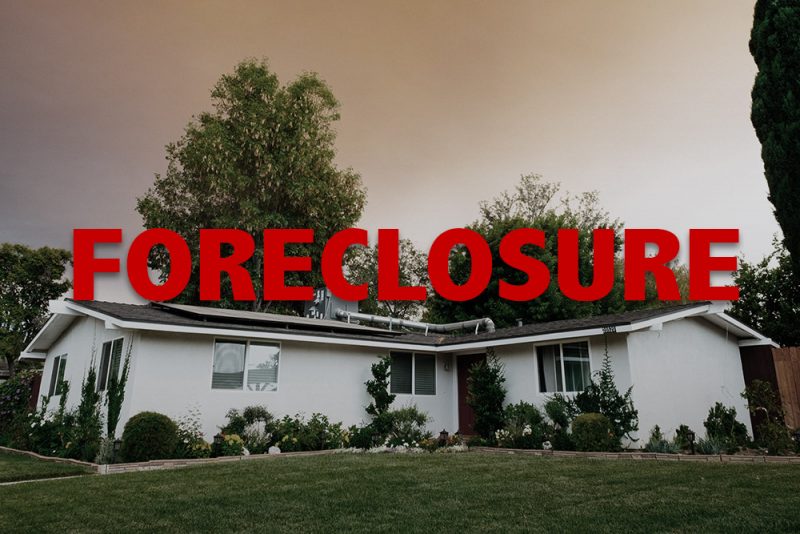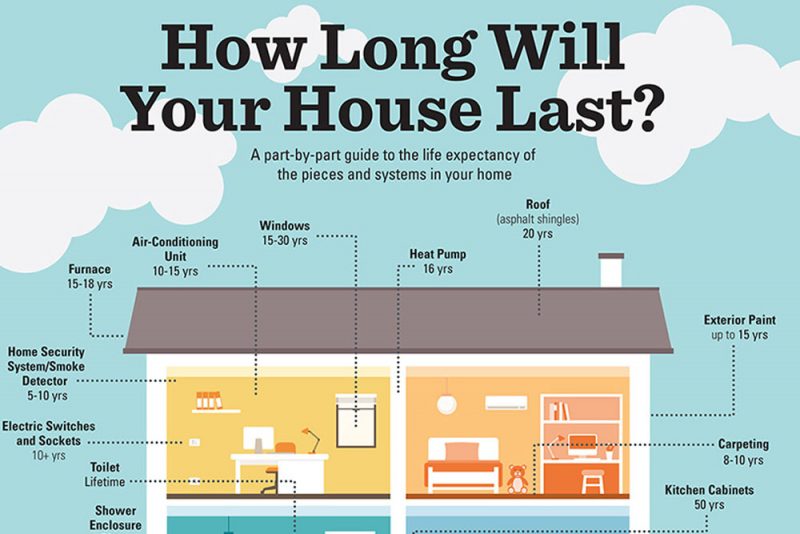When you mix novice landlords with growing numbers of renters, the results are sometimes not pretty — especially in a housing market where eviction notices continue to land on foreclosed rental properties with some frequency.
Renters complain about getting hit with notices despite having paid rent to the landlord. Landlords complain that tenants seem more prone to skipping out on rent and abusing property. And neither party seems certain of what exactly they should do once a property enters foreclosure.
A house that landlord Greg May has been renting out in southwest Orlando is now in foreclosure, and even though he says he still holds title to the property, sheriff’s deputies will not let him enter the house. So he can’t retrieve his refrigerator and the tenant who resides there is unwilling to surrender the appliance.
“I just want my refrigerator back,” May said. “I just don’t like being told by a tenant, who is in arrears, that I can’t have my refrigerator when he’s sitting there in the house living rent-free. … I have keys to the house, but if I attempted to go inside, he would have me arrested.”
When President Obama signed the Protecting Tenants at Foreclosure Act of 2009 near the end of the Great Recession, it stipulated that tenants of houses in foreclosure can stay at least until the end of their leases. Month-to-month tenants are entitled to 90 days’ notice before having to move out.
Tom Long, president of the Central Florida Landlords Association, said a new wave of tenants are skilled at taking advantage of property managers as the region’s real estate market struggles to recover. “In the last few months, there seems to be a new influence. … There seem to be more ‘professional tenants,’¿” said Long, who lives in St. Cloud. “They go from place to place, they know how long it takes to get an eviction, and they know the unwary landlord who may be new to the business.”
Investors and owners are sometimes too cheap to give 10 percent to a property management company to manage the property. Often times they simply rely on ‘gut instinct,’ rather than using the resources of a property-management company to properly vet prospective tenants and that’s when things can quickly go from bad to worst.






